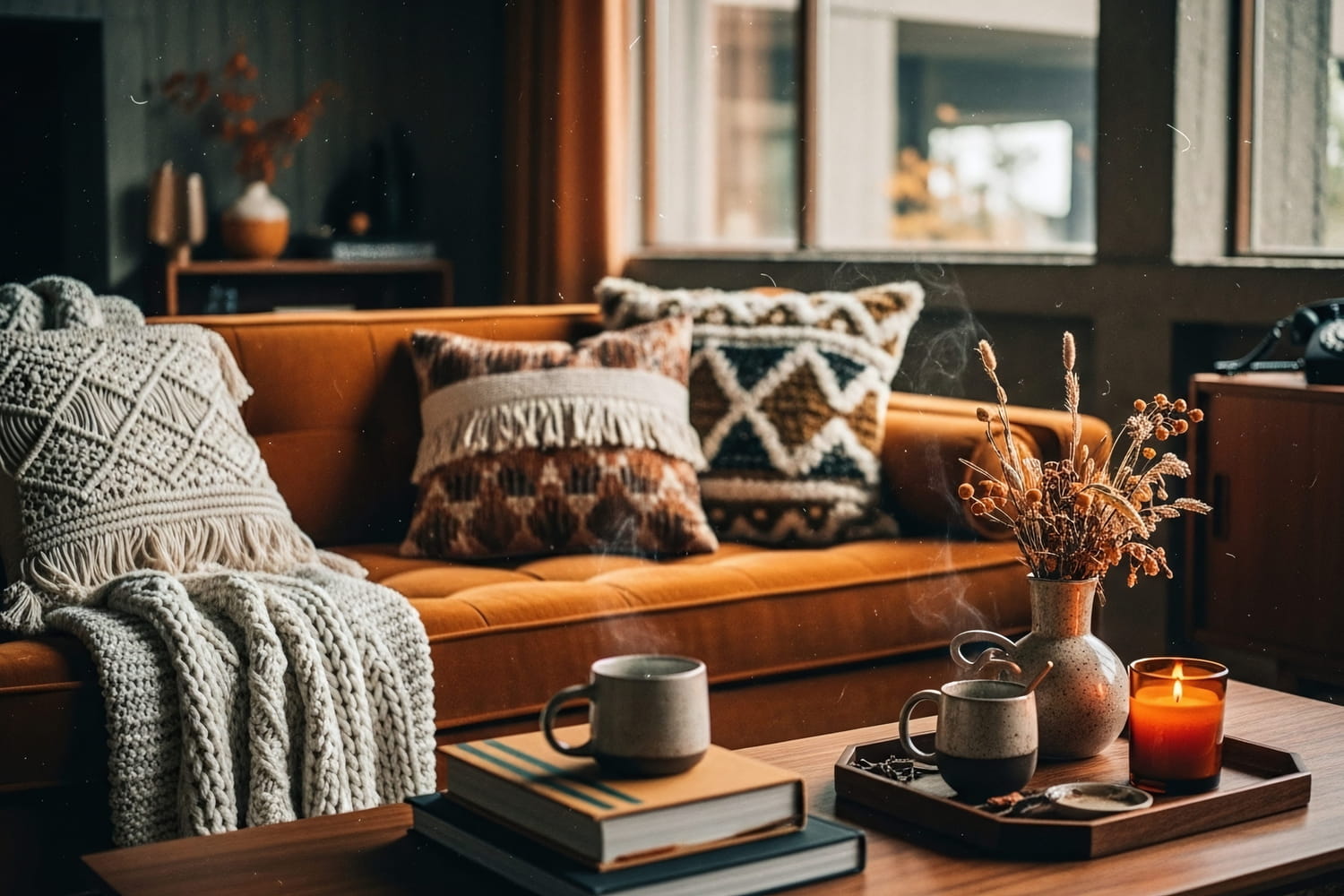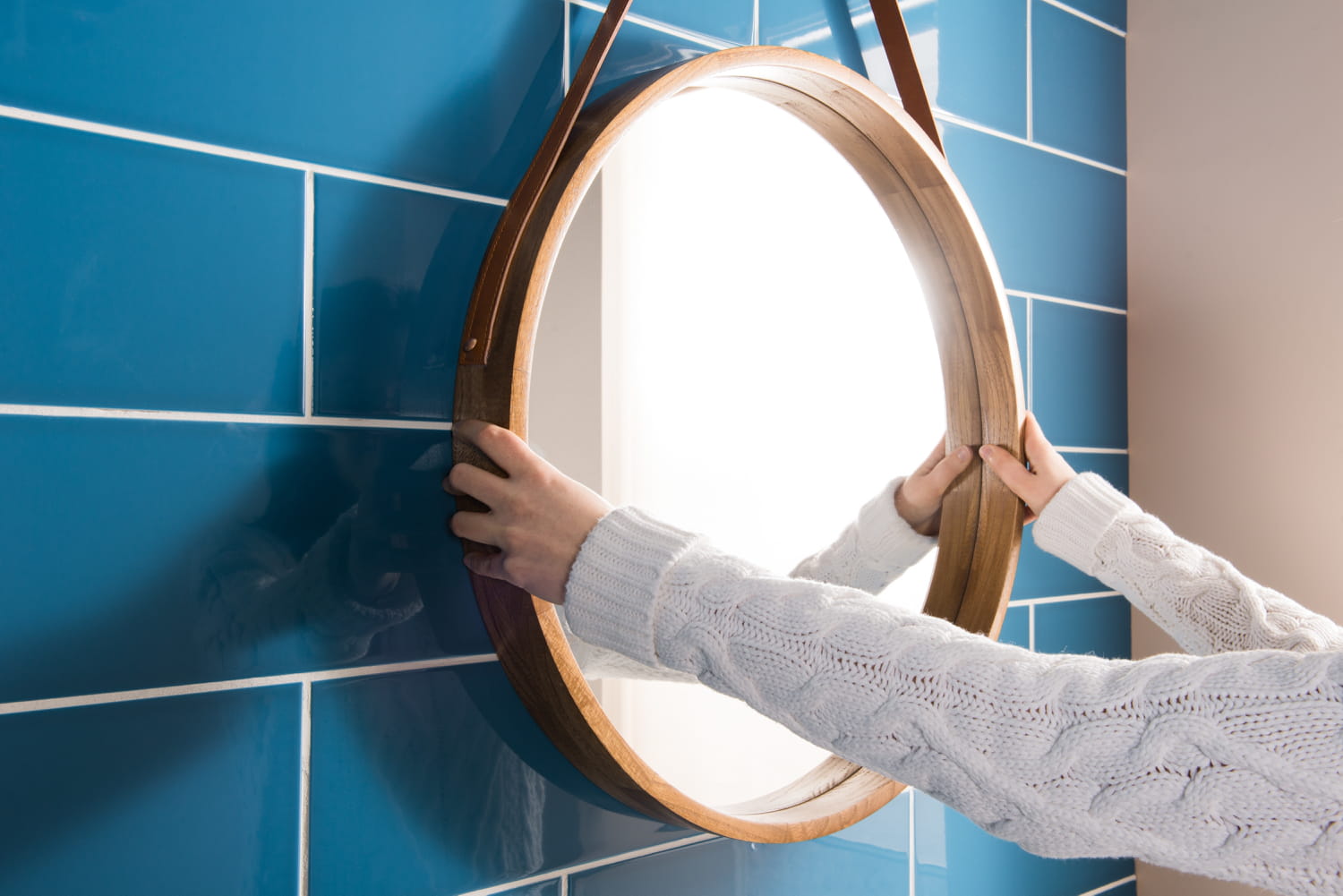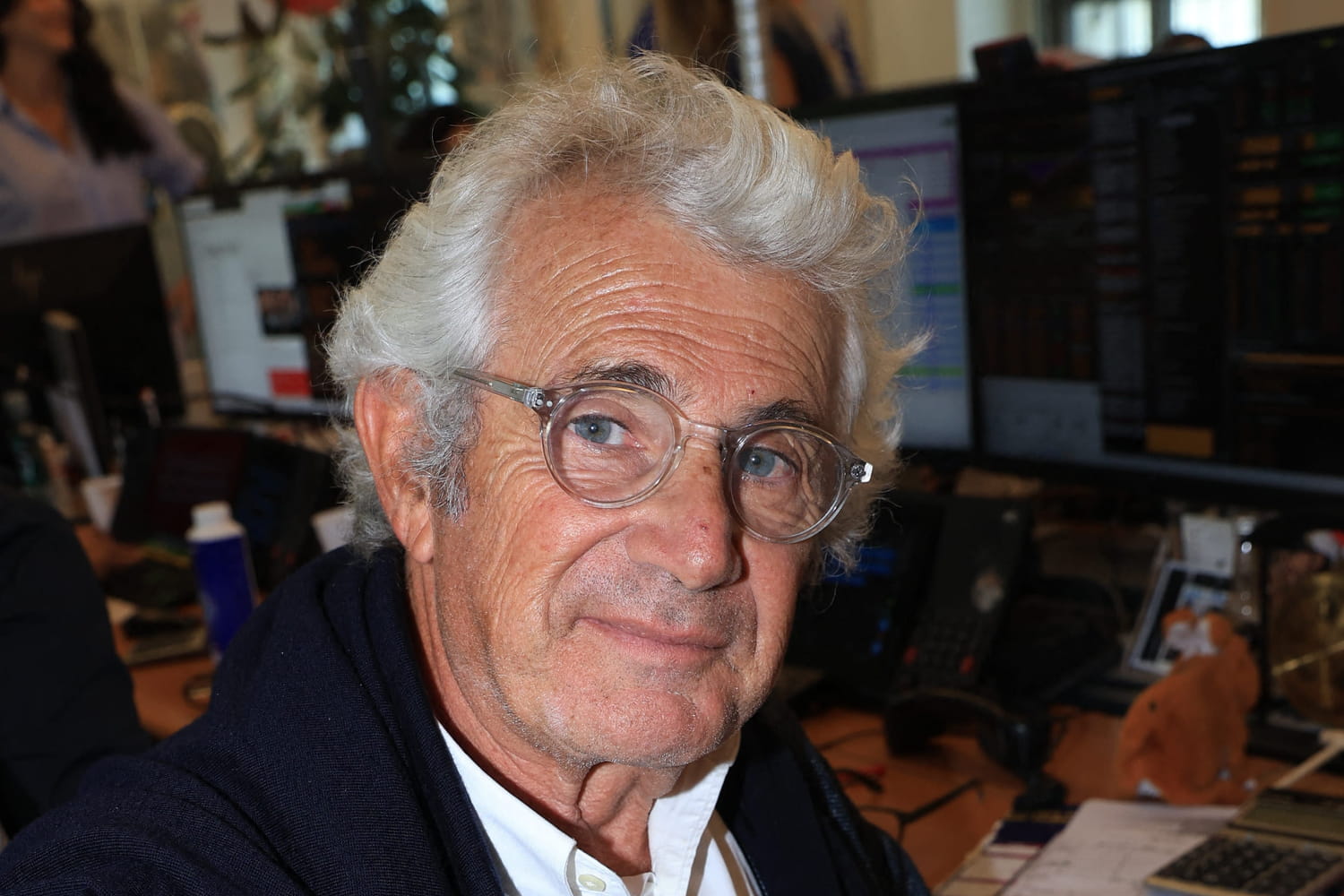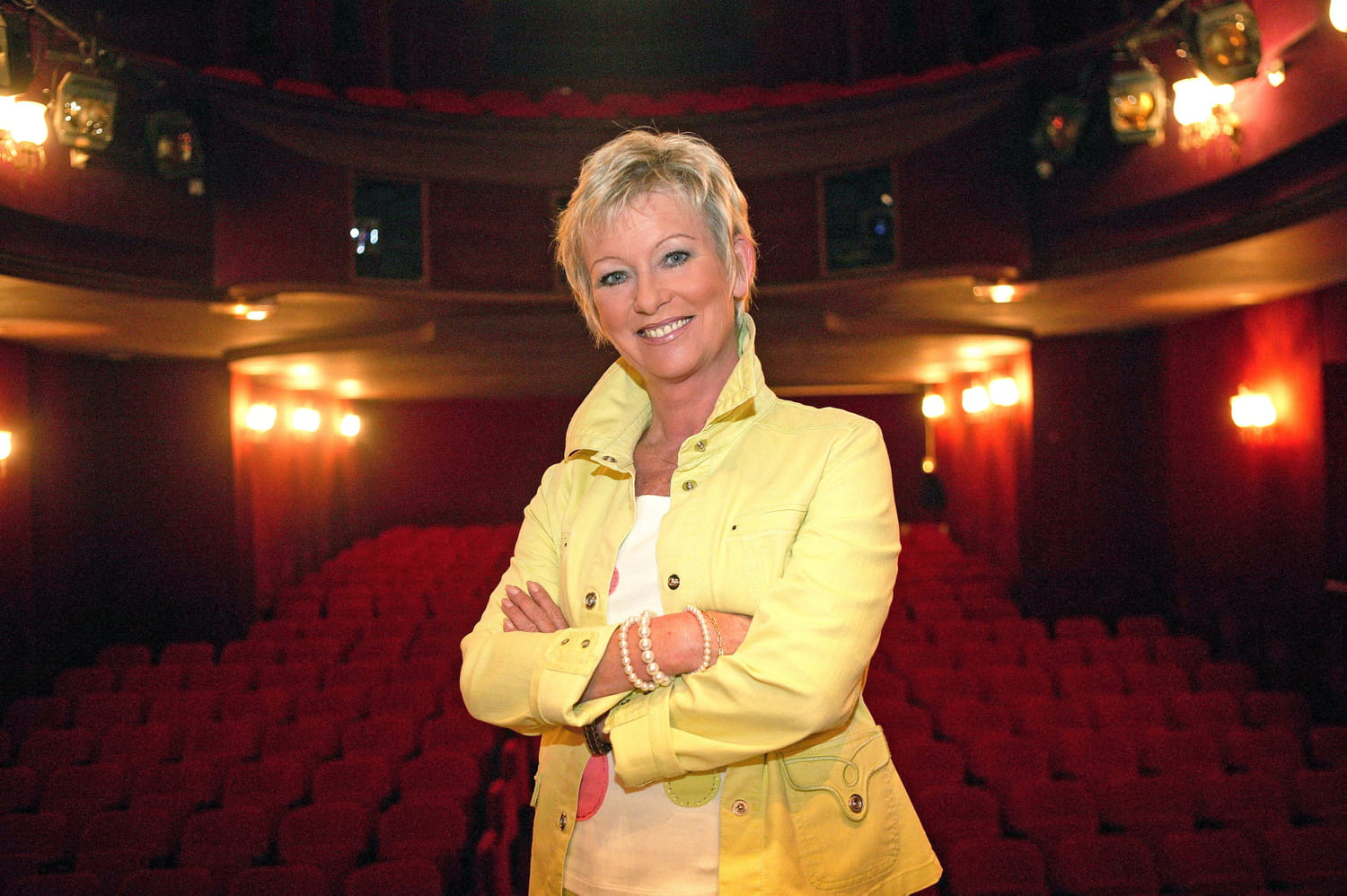A decorative accessory par excellence, the mirror should not be positioned lightly and one place should even be absolutely avoided.
We often think we are doing the right thing by placing mirrors in the house. They visually enlarge rooms, reflect light and give the impression of space. In a bedroom, they can even seem practical for dressing or decorating a somewhat empty wall. However, some locations are far from trivial. The elders had noticed it for a long time: poorly positioned, the mirror disrupts the balance of a room and the general atmosphere. And there is one specific place where it should never be.
This idea is not new. For centuries, the mirror has fascinated as much as it has intrigued. In many cultures it has been seen as a “living” object, capable of reflecting more than appearance. In Europe, it was covered after a death to prevent the soul of the deceased from being lost there. In China, the philosophy of Feng Shui warns against certain placements that disrupt the flow of energy in the home. Behind these traditions, there is often a simple observation: the mirror acts on our perception, our comfort and our sleep.
The place to absolutely avoid? Facing the bed. In a bedroom, this positioning has been discouraged for generations. The mirror reflects movements, reflections and light, which can unconsciously interfere with rest. Some people sleep poorly without knowing why, simply because they see themselves or perceive a reflection during the night. In addition, it reinforces the feeling of agitation in a room which should invite calm. Interior design specialists agree that a mirror facing the bed disrupts the serenity necessary for sleep.
Where to place it then? The best choice remains a side wall, which reflects neither the bed nor directly the light from the windows. A mirror on a closet door or above a dresser works great, as long as it doesn’t directly reflect the sitting area. The ideal is to use it to capture daylight without it becoming a source of distraction at night. In a small bedroom, a mirror facing a light wall allows you to visually enlarge the space without disturbing the atmosphere.
Other locations should also be avoided. It is better not to place a mirror directly facing the front door: it immediately reflects the light and gives an impression of rejection as soon as you enter. Same thing on stairs, where it can create an effect of instability. Used well, the mirror remains a major aesthetic asset, but poorly placed, it changes the comfort of the place. The ancients were right: it’s all a question of balance.









